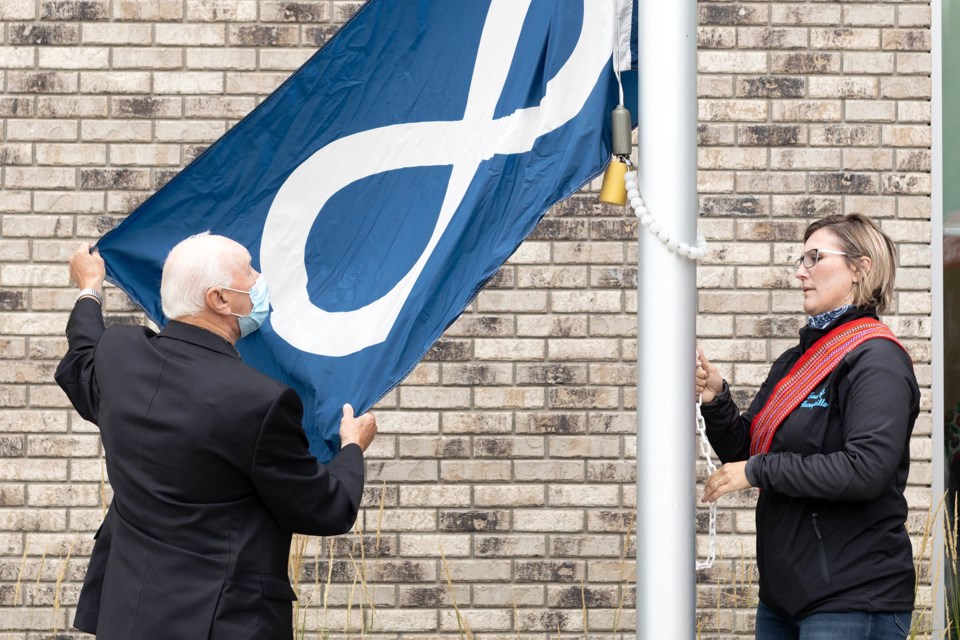BONNYVILLE – Moving forward, the start of meetings hosted by the Town of Bonnyville will be a little different.
After consulting with nearby Indigenous and Métis groups, the Town’s administration crafted a land acknowledgement statement that will be read prior to town council meetings and other formal engagements.
“As we gather, we are reminded that the Town of Bonnyville is situated on Treaty 6 land that is steeped in rich Indigenous history and is the traditional homeland and home to First Nations and Métis people today. We respect the histories, languages and cultures of First Nations, Métis and all First Peoples of Canada whose presence continues to enrich our community,” read Mayor Elisa Brosseau for the first time at a council meeting on Feb. 8.
Brosseau thanked administration for their work and for connecting to Indigenous partners “to ensure that we get it right.”
Cold Lake council votes for inclusion of land acknowledgement
City of Cold Lake council also voted in favour of incorporating a land acknowledgement statement during their Feb. 8 council meeting.
The decision will see all future Cold Lake City council and committee meetings begin with an Indigenous land acknowledgement read aloud.
“We have a strong relationship with our Indigenous neighbours, both Cold Lake First Nations and the Elizabeth Métis Settlement, and Council wanted to formally recognize this partnership as we continue down the path of mutual respect, understanding and reconciliation,” said Cold Lake Mayor Craig Copeland.
He continued, “We recognize that the City of Cold Lake operates today on the traditional territory of several Indigenous communities, and that proud history is a large part of the fabric that makes up our city and community.”
The acknowledgement will be read by the chairperson at the start of each meeting including city council, special council, committee of the whole, and all other City of Cold Lake committee meetings, except for meetings where council has granted permission to a committee to establish its own procedures.
The City’s council will debate whether the statement should also be read at other official city functions, community events, and meetings. Discussions will also include whether the land acknowledgement should be read by third parties and organizations that may use municipally funded facilities for their programs, functions, events and meetings.
The agreed upon land acknowledgment statement to be used by the City of Cold Lake reads, “In the spirit of respect and reciprocity, we acknowledge that the City of Cold Lake is located on lands and by water in Treaty 6 territory and the homeland of the Métis Nation that has been, and continues to be, a sacred place for many. We pay respect to the Indigenous Peoples of this place past and present: the Cree, Denesuline and Métis peoples. We acknowledge that this place is impacted by the ongoing process of colonialism. We strive to understand and reframe our responsibilities to land and community as we journey towards reconciliation.”



